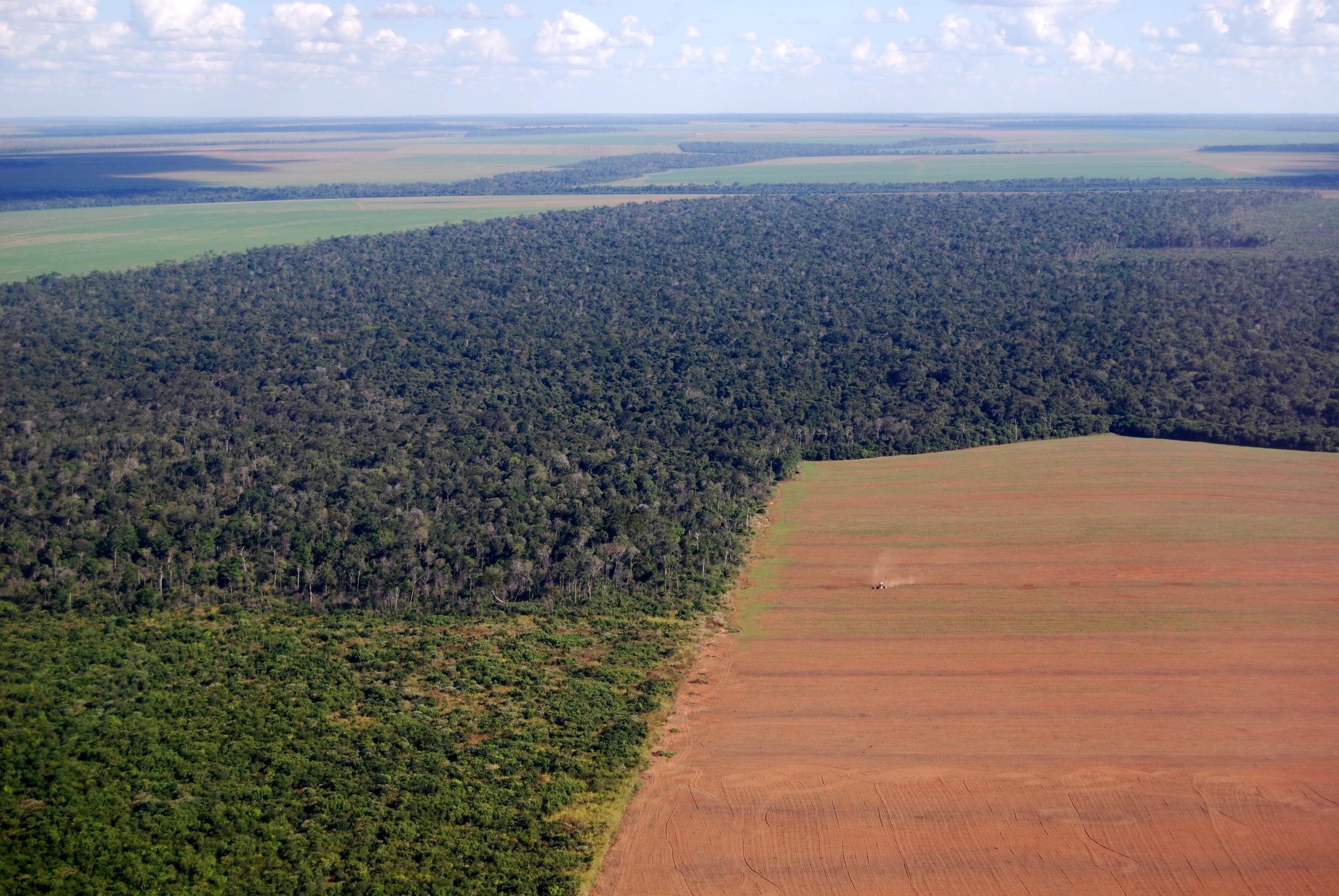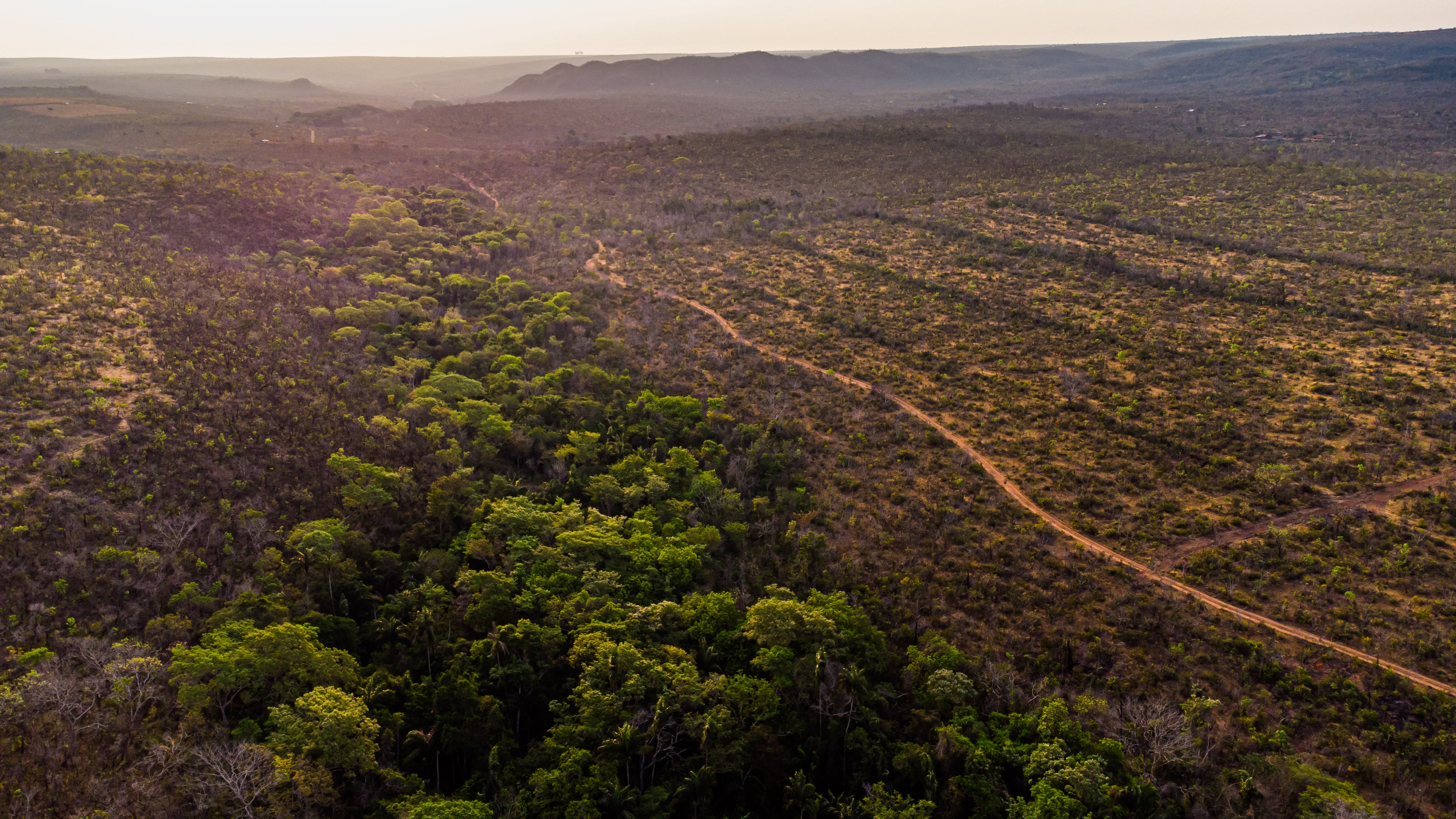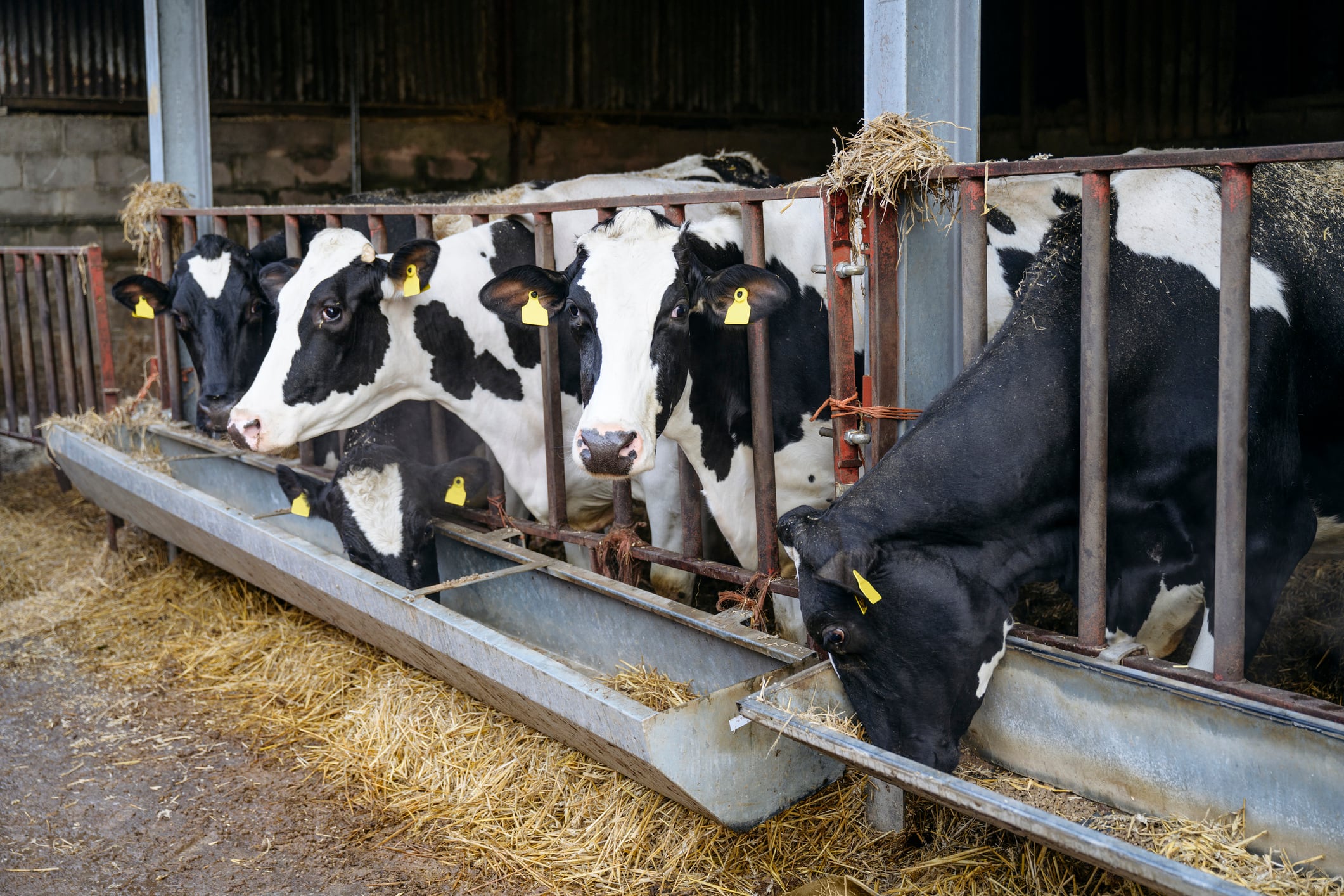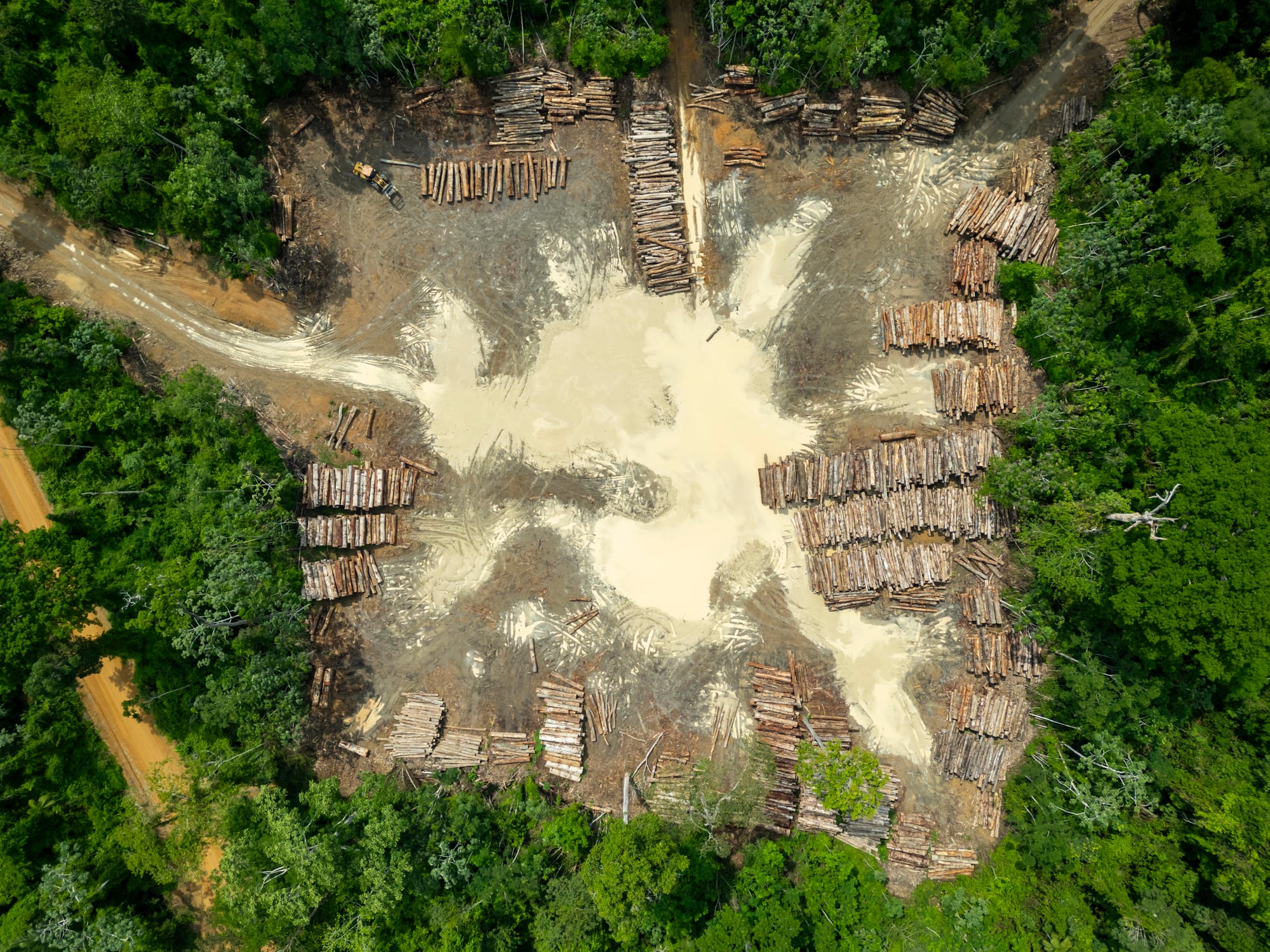Brazil’s competition authority has suspended the Amazon Soy Moratorium (ASM) less than three months before the country hosts the COP30 climate summit.
The suspension was issued by the Administrative Council for Economic Defence (CADE) following a petition from Aprosoja, the Brazilian soy industry lobby, alleging that companies adhering to the ASM were participating in a purchasing cartel.
Reacting to CADE’s action, Mighty Earth, a US-based environmental campaign group, described the ASM as “the single most important model for private-sector conservation in the world.”
“The ASM has worked well for nature and for Brazil for almost 20 years,” the organization continued, emphasizing the agreement as a model of sustainable business practices.
Established in 2006, the ASM has been widely credited with preventing deforestation in the Amazon by ensuring that soy grown, processed, and exported after July 2008 is deforestation-free. In its first decade, the initiative is estimated to have saved around 18,000 square kilometres of forest. Participating companies agreed not to source soy from areas cleared after 2008, going beyond Brazil’s legal requirements.
But there has been mounting opposition to it from the Brazilian agribusiness sector; the ASM has faced criticism from some producers for imposing stricter standards than Brazilian law. Any soy detected on post-2008 deforested land triggers a block from the supply chain, regardless of legality, creating tension with farmers seeking more flexible sourcing rules.
The recent introduciton of new state-level legislation, including the withdrawal of tax incentives for companies complying with the agreement, is widely seen as a way to undermine the Moratorium’s effectiveness and international credibility.
Government and legal response
Brazil’s Environment Ministry criticized CADE’s ruling, calling the suspension “transparently illegal.”
A ministry statement highlighted that Brazil’s Federal Constitution balances free enterprise with environmental protection, warning that prioritizing competition without environmental consideration distorts the constitutional order.
Federal prosecutor, Ubiratan Cazetta, who has monitored the moratorium for two decades, stated that prosecutors never found evidence the ASM harmed competition. He said the moratorium had been “a very effective” policy and will now assess CADE’s suspension before potentially issuing an official opinion, according to Reuters.
Global market implications
The suspension raises concerns among international soy buyers. In July, over 50 UK companies representing more than 60% of the nation’s soy demand reaffirmed their support for the ASM through the UK Soy Manifesto.
Jonathan Gorman, secretariat of the initiative, said weakening the moratorium “risks reversing one of the most successful forest conservation models in modern history.”
Supporters stress that the suspension does not block future soy production, as 1.7 million hectares of pre-2008 cleared land remain available for expansion without encroaching on protected forests.
A weakened ASM could disrupt global supply chain controls and damage Brazil’s reputation as a sustainable soy exporter just ahead of COP30, noted the UK group.





